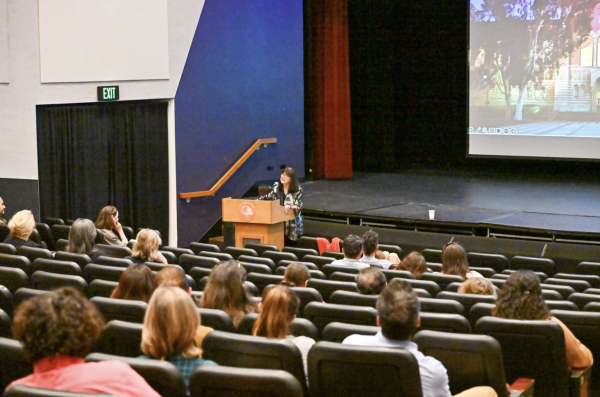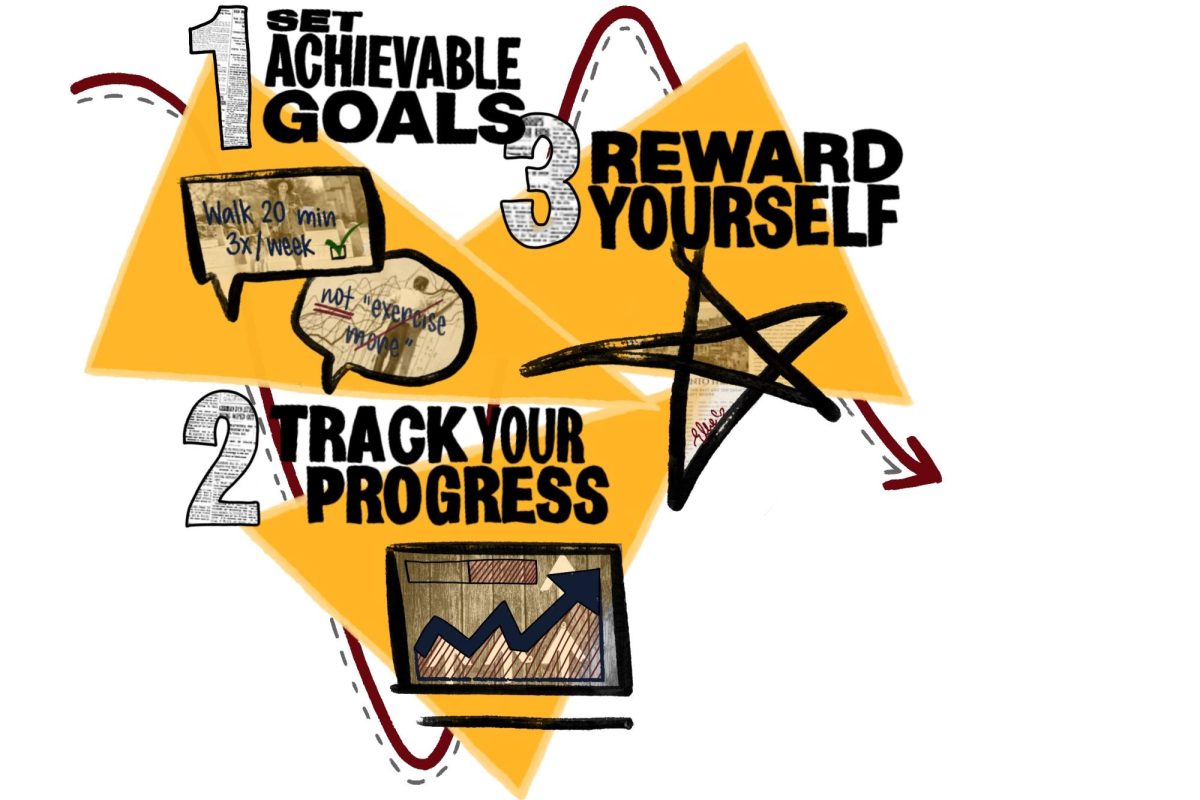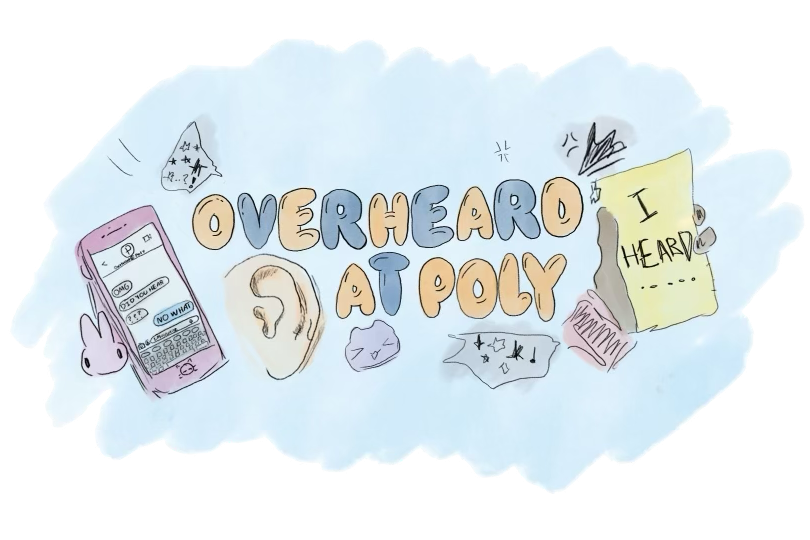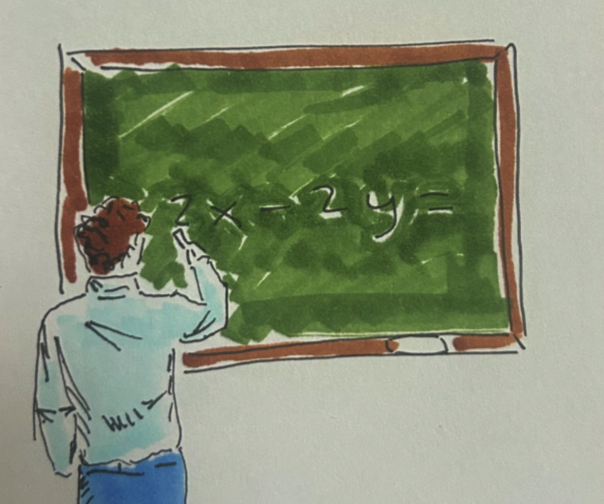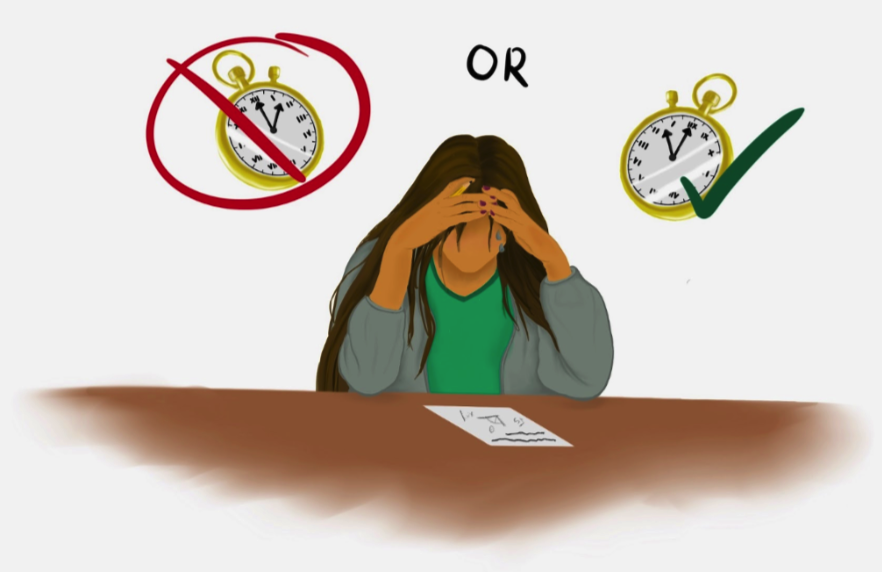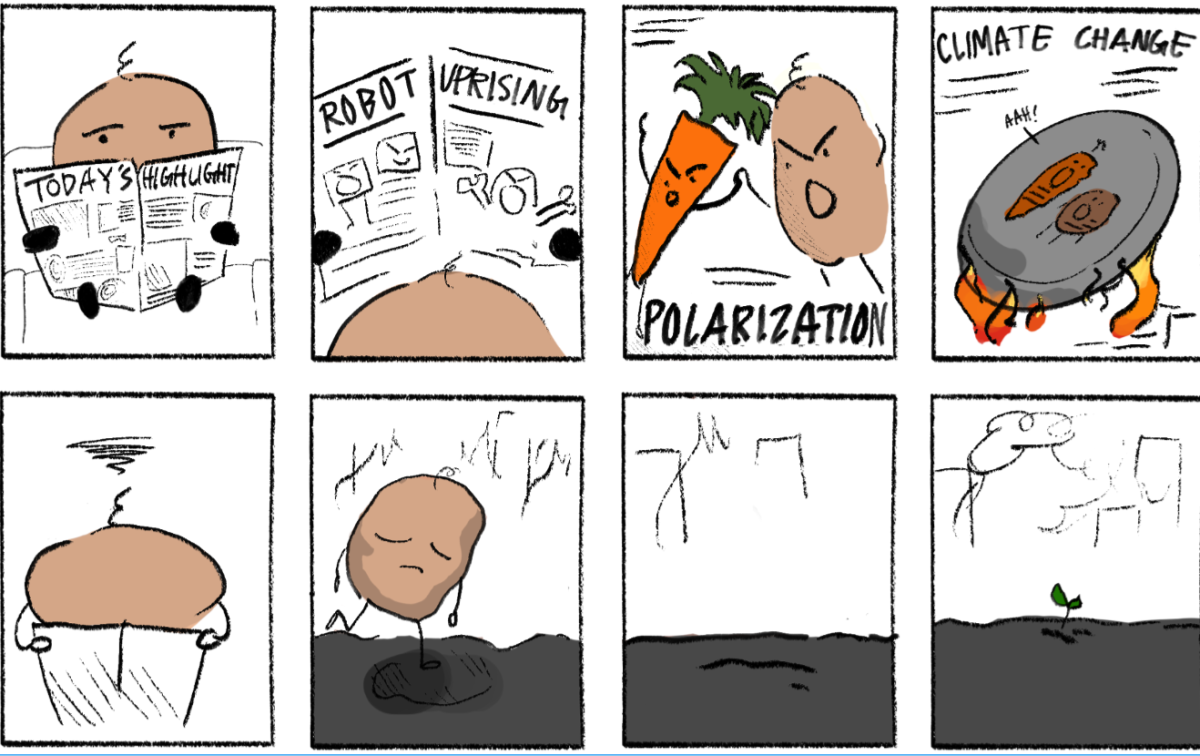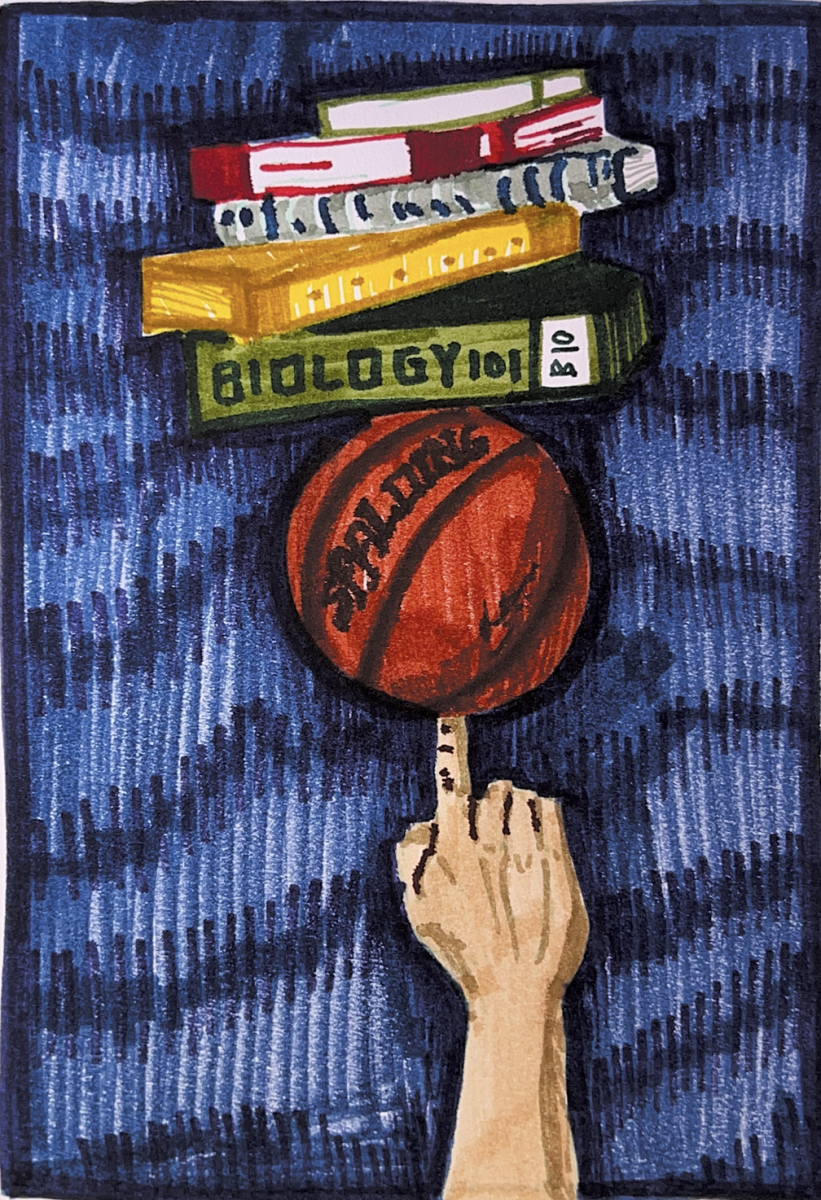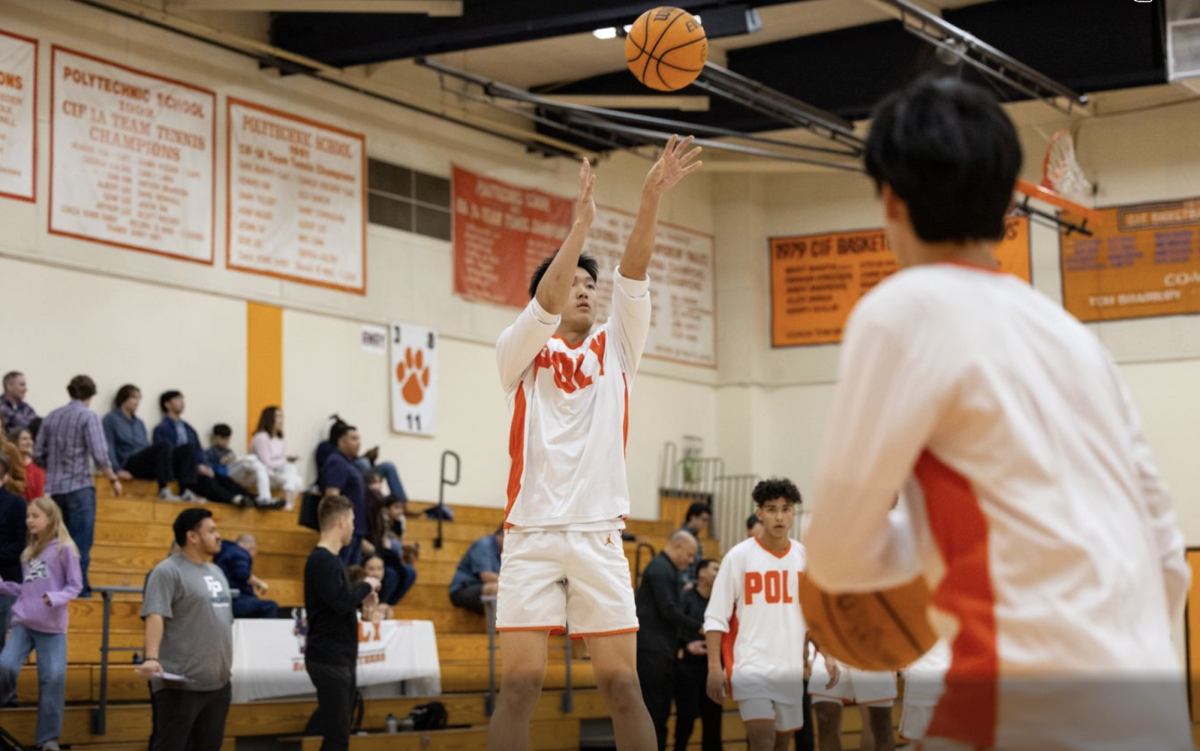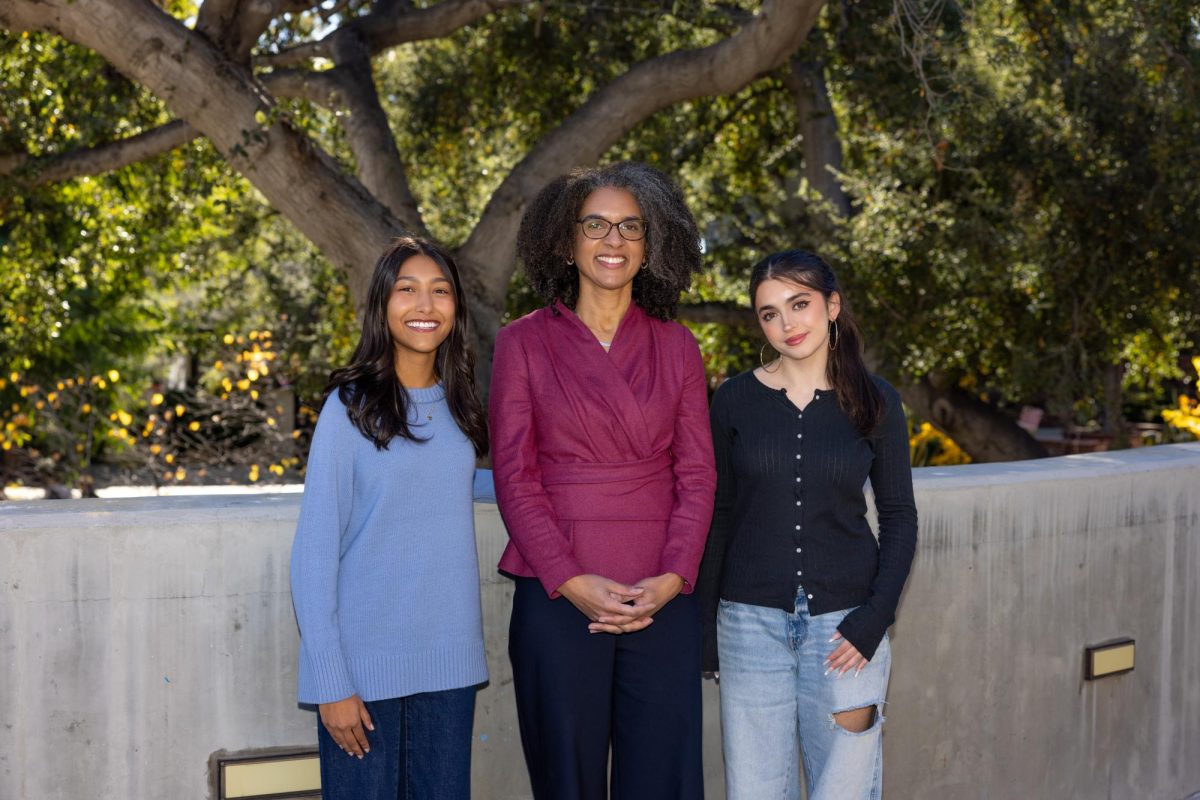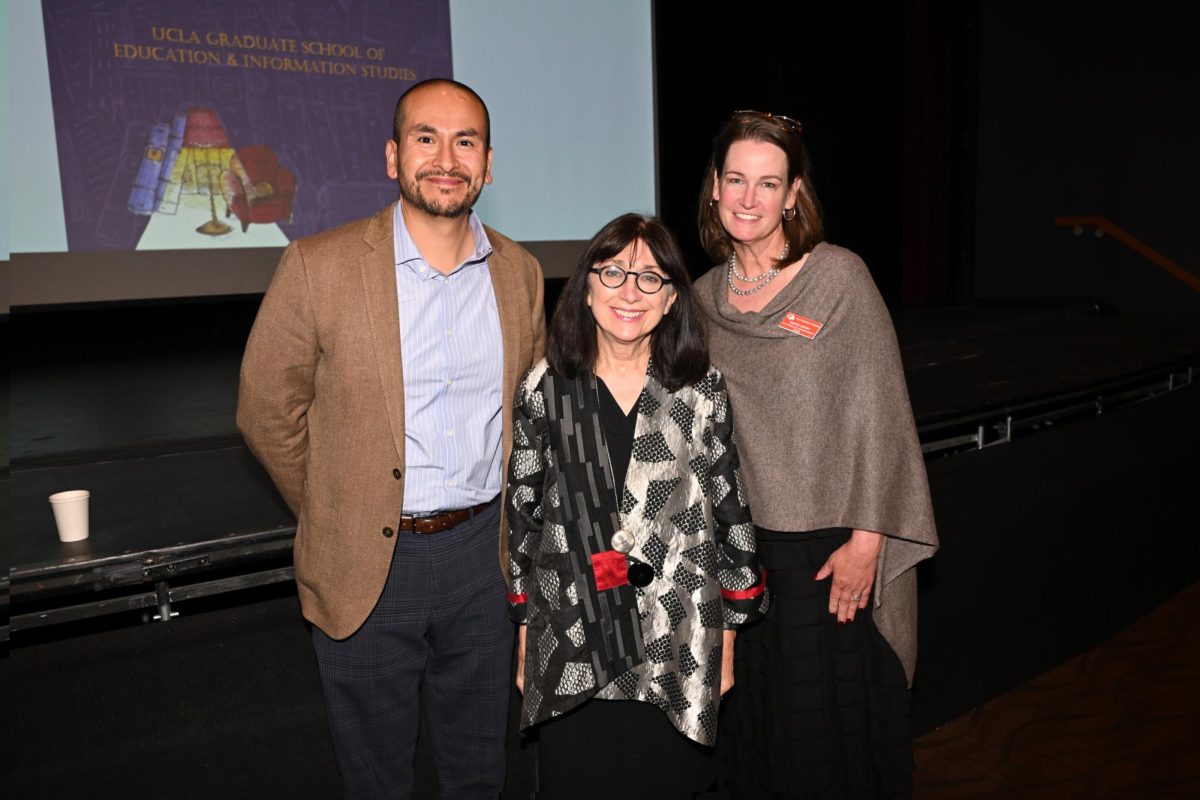In her Heinz Ethics talk in Garland Auditorium on Oct. 12, Maryanne Wolf stressed that society’s increasing use of digital reading and writing technologies come at the cost of our ability to read deeply.
Wolf currently serves as the Director of the Center for Dyslexia, Diverse Learners and Social Justice at UCLA. She is an author and researcher of the neuroscience behind literacy. Her most recent book, “Reader, Come Home: The Reading Brain in a Digital World,” dissects the science behind reading as we adapt to digital mediums.
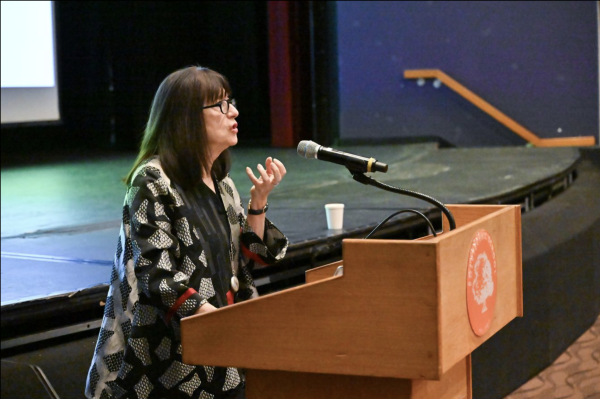
“Over the last 10 to 12 years, we’ve noticed that students’ reading speeds and comprehension have decreased,” said Chair of Poly Middle and Upper School English Departments Margaret Kenny.
In her talk, Wolf cited studies that show how reading on paper, as opposed to on a screen, leads to better comprehension and retention. Younger people — those who have grown up immersed in the digital age — benefit the most from reading on paper.
Freshman Jemma Yuan, who attended Wolf’s talk, shared that she finds reading on paper more engaging than reading on a screen. “It feels easier to immerse myself in what I’m reading, no matter what topic,” Yuan said.
This year, changes are being made to the English I curriculum in order to combat the decline in reading skills. Kenny shared, “We’ve decided to dedicate a chunk of our in-class time to reading to get kids engaged with a variety of books that we don’t assign.” She added that the ninth grade teachers are stressing “the importance of independent reading and reading for pleasure, which is going to continue that building of cognitive patience.”
